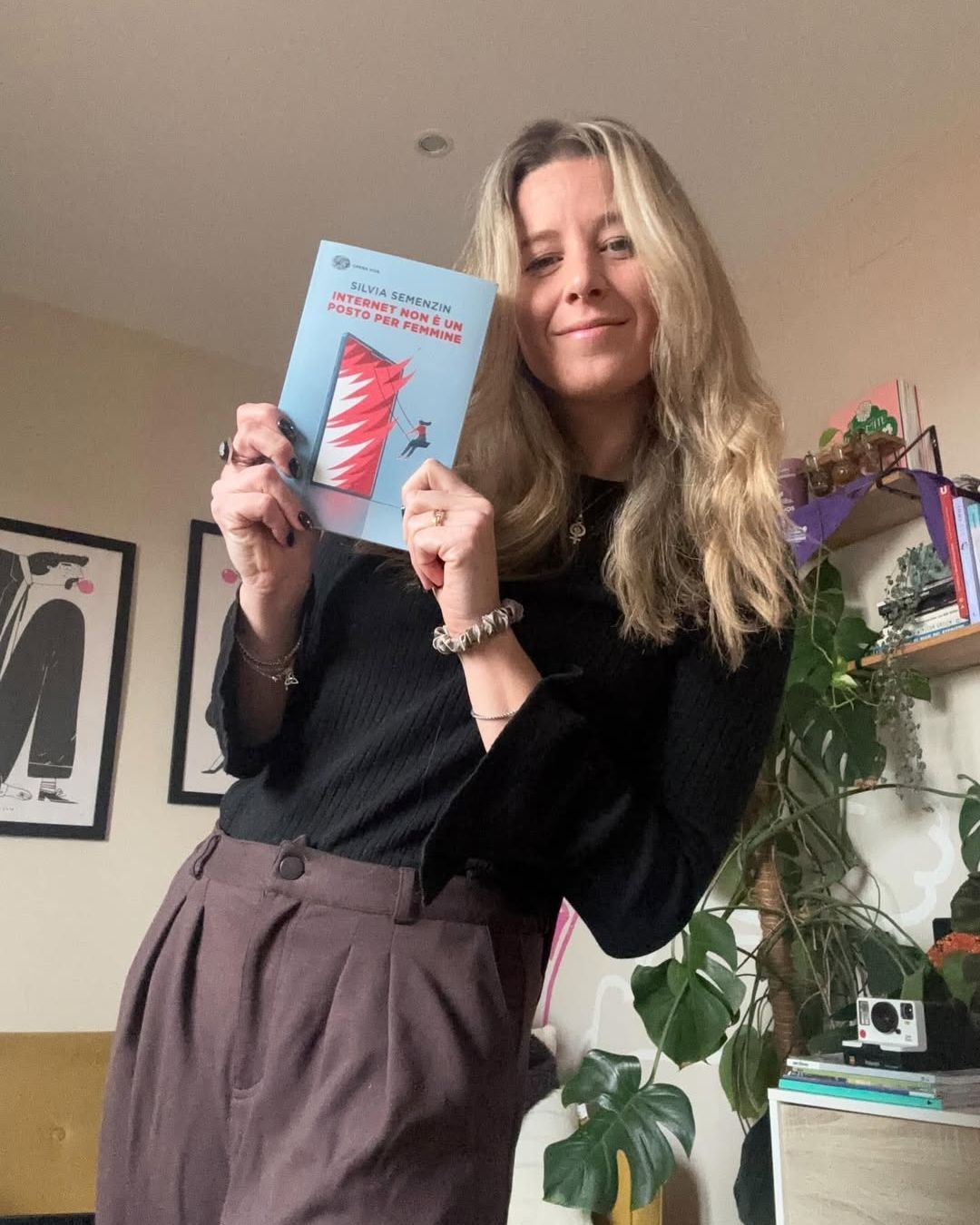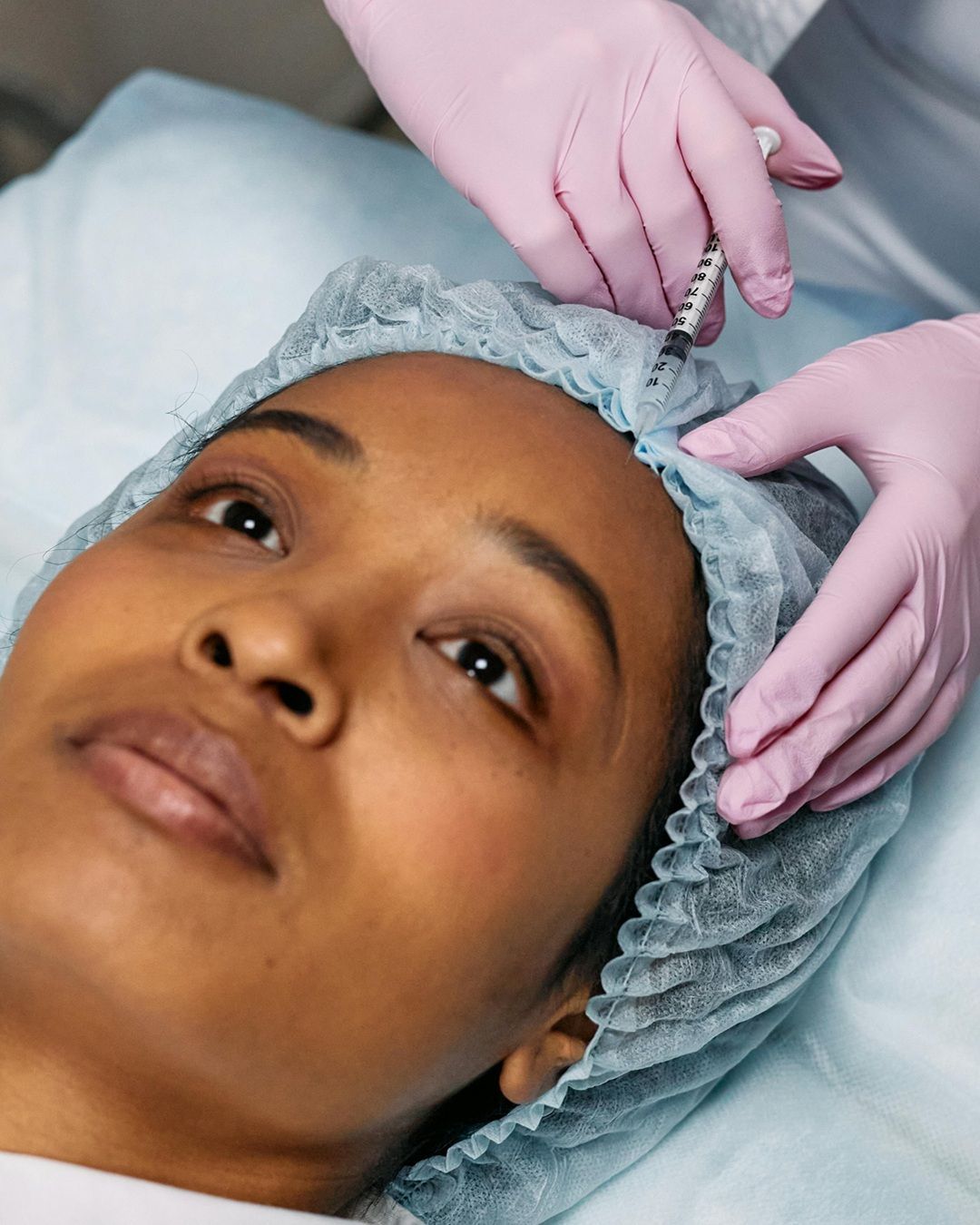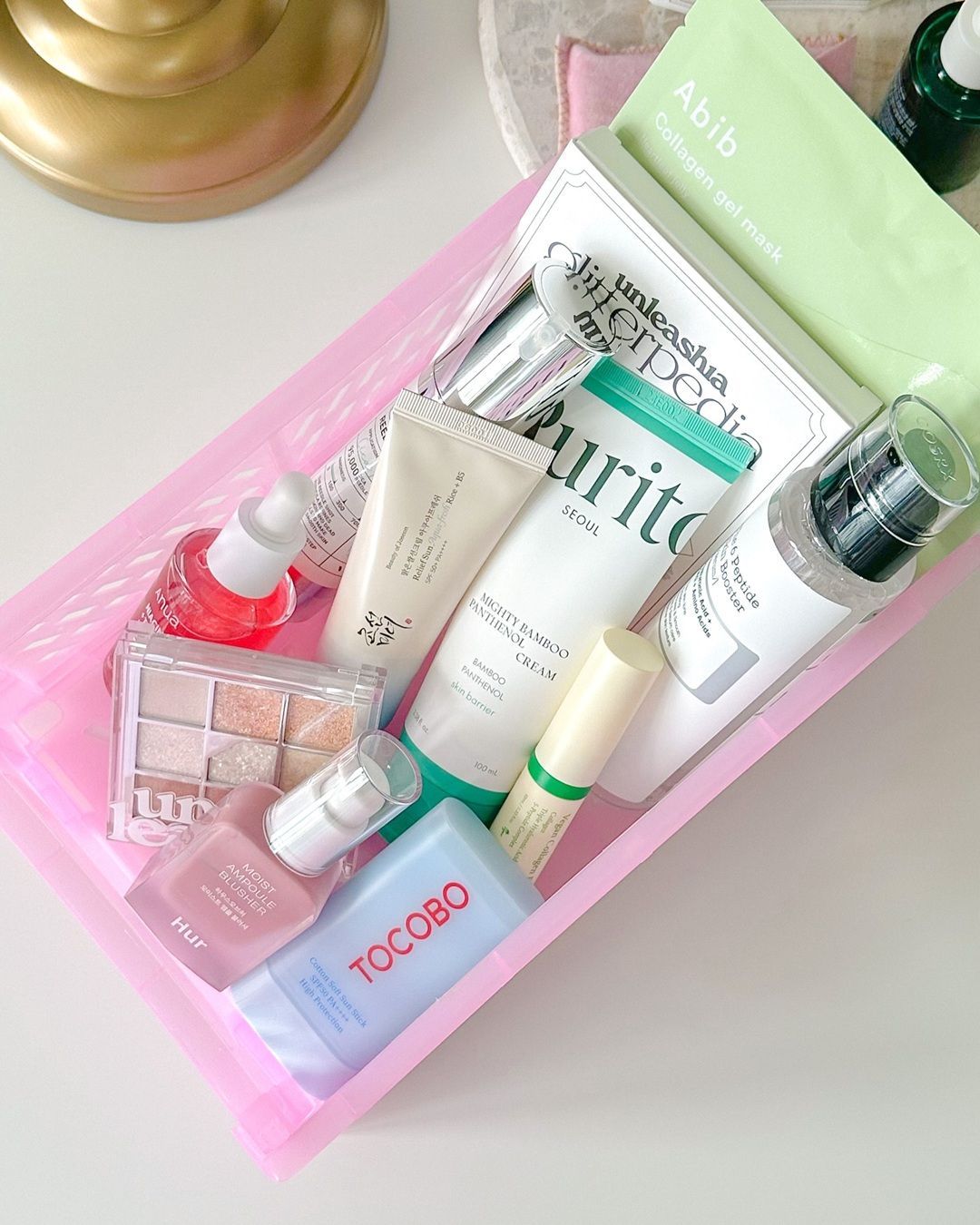
Freezing eggs is a privilege Between costs and societal pressures, we reflect on social freezing
A statement by Bianca Balti has caused a stir. The model revealed during a live session with gynecologist Marina Bellavia her intention to gift her 17-year-old daughter, Matilde, with egg freezing at 21 years old. "So you don't have to think about it anymore, you live your life, and when you want a pregnancy, you already have everything you need," she stated, adding, "In life, we must think about what is important to us. For me, this was a choice of freedom, especially in my case of not staying in a relationship just because of fear of not being able to have my third child. An investment we make in ourselves." Balti herself chose to undergo the procedure in Los Angeles, where she spends her time when in the United States.
What is Social Freezing?
This is what's known as social freezing, or "the cryopreservation of oocytes for precautionary purposes." More and more millennial women are opting for it, with numbers on the rise. In 2022, Bianca revealed having one of her two pregnancies thanks to this procedure, to separate her desire for a child from a man. It's a kind of early infertility therapy, perfect for contemporary times where the risk of being fired due to pregnancy exists, economic stability is achieved later, and life rhythms are chaotic. The desire to have a child in the future is not the only motivation for undergoing egg freezing. Sometimes, in the case of cancer patients, it occurs before treatments that could harm them. In the case of endometriosis, it is done before laparoscopy. In that case, it is free and done in public healthcare, otherwise, it is done in private clinics, which usually specialize in fertility assistance.
Where Are Oocytes Frozen in Italy?
In Italy, although the procedure is less widespread than overseas, there are large medical centers and specialized clinics that handle this process. Here are some examples: in the metropolitan city of Milan, Humanitas has opened an entire Fertility Center dedicated to these procedures. Additionally, in Rome, there are the New Fertility Group and the Alma Res clinic. Moving further south, in Palermo, the Genesy Center handles these matters, while in Naples, there is the Assisted Fertility Center. Eugin Clinics work in Modena, Turin, Milan, Vicenza, Taranto and Bari.
The Costs of Oocyte Cryopreservation
Freezing oocytes without specific medical reasons costs a lot, more than what an average woman at the beginning of her career (and therefore at the peak of fertility, which is between 20 and 35 years old) can afford. Bianca Balti has shown awareness of this, stating: "It would be fantastic if it were free for everyone, to relieve the pressure of the biological clock." She's not wrong. The entire procedure, involving visits and diagnostic exams, induction and monitoring of ovulation through medications and ultrasounds, and retrieval can cost €3,000 to €4,000, plus storage and maintenance costs, amounting to about €200 per year. In the United States, some large companies have offered social freezing as a bonus to their employees, as a policy supporting families and childbirth.
Amid Controversies, a Point of Reflection
The age of maternity has increased, and everyone should have the right to give themselves a chance to become parents. All good, at least in theory. However, not everyone agrees. If the issue is viewed from a religious, political, or moral perspective, things get even more complicated. It all depends on how much control one wants over maternity and women's will, how attached one is to the idea of a traditional family and/or what science says about oocytes, which are nothing more than cells and can therefore be preserved but also unused, and then discarded with written consent. What we should ask ourselves, however, is somewhat different: is it fair that giving oneself this chance should cost as much as 3, 4, or 5 months of salary? And furthermore, is it sustainable to continue adapting to a society that makes it impossible for us to think about starting a family when we want? For how much longer? Perhaps, on the road to making social freezing accessible to all, we should also ask ourselves some questions about this.

























































